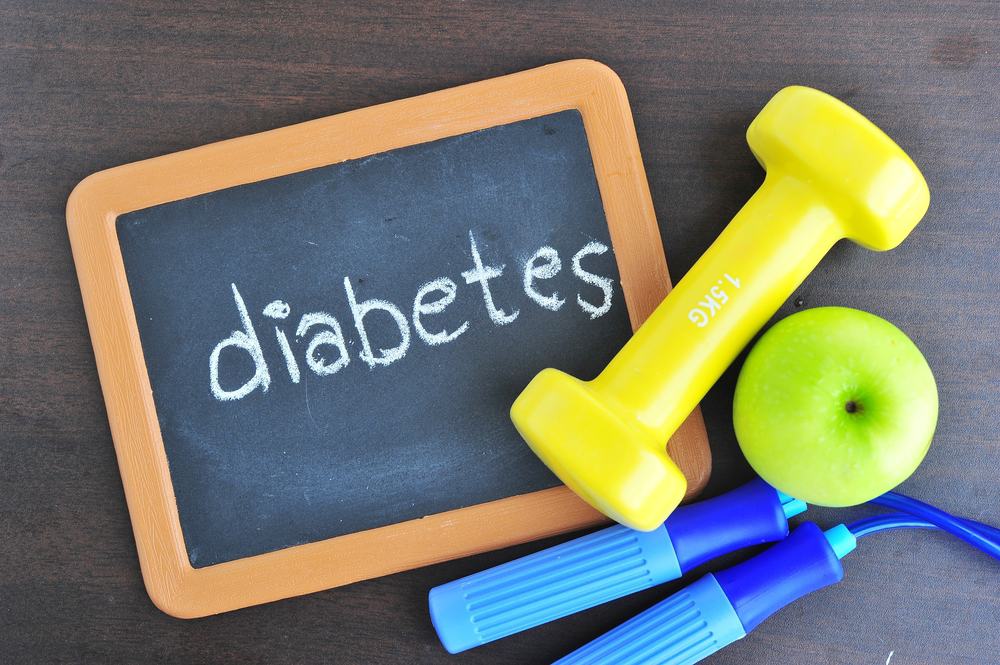Contents:
Medical Video: Measles (rubeola) - causes, symptoms, diagnosis, treatment (vaccines) & pathology
1. Definition
What is Rubella?
Rubella, or commonly called German measles, is an infectious disease caused by the rubella virus. Rubella usually only arises like a mild illness. But in certain cases, rubella is at risk of serious complications.
If you are pregnant and infected with the rubella virus, your fetus will be at risk of becoming infected. This causes birth defects, including congenital rubella syndrome (CRS). CRS can result in hearing loss, vision problems, heart problems, and a number of other complications.
Rubella is commonly referred to as measles 3 days.
What are the signs and symptoms?
The signs and symptoms of rubella that you should pay attention to, namely:
- Red spots all over the body, starting from the face and then spread throughout the body within 24 hours
- Red spots last for 3-4 days (hence 3 days measles)
- Swollen lymph glands in the back of the neck
- Mild fever
- Your child has never received rubella vaccination (MMR)
The skin rash caused by rubella has no special difference with other reddish rashes. Therefore, the diagnosis must be determined by the doctor. Because of the physiological similarity of the rubella rash with other rashes, general practitioners often have difficulty in producing the right diagnosis even after carrying out further examination in the child.
2. How to overcome them
If your doctor has confirmed the diagnosis of rubella in your child, do the following.
Care. Give acetaminophen or ibuprofen to relieve fever more than 39ºC, sore throat, or other pain complained of. Give the dosage as recommended by the doctor or see the usage rules printed on the label.
Spread. Viruses are no longer easily spread after 5 days.
Avoid pregnant women. If your child is diagnosed with rubella, keep him away from pregnant women. He easily transmits the disease for the first 5 days after the rash appears.
Adult women infected with rubella. Adult women who are not pregnant and infected with German measles should avoid being around pregnant women for 3 months, and the pregnant woman should consult with her obstetrician. If he has received the rubella vaccine, he (and his fetus) must be protected. If the pregnant woman has had German measles as a child, this medical history cannot be used as a basis. Although contact with the virus is fairly brief and insignificant, he must immediately take a blood test to determine his body's immunity against the rubella virus.
When do I have to see a doctor?
Call the doctor in 24 hours, if
- Reddish spots appear on the entire body of your child followed by fever
- You think your child has rubella
3. Prevention
Rubella prevention is done by administering vaccines at the age of 12 months to avoid worries about pregnant women when children show reddish spots. This vaccine is especially important for children whose mothers are pregnant.
The rubella vaccine is a weakened active virus, usually given as part of the MMR vaccine (measles, mumps, rubella). The MMR vaccine is recommended to be given when children are 12-15 months (not too early) and advanced doses at the age of 4-6 years (preschool age).
Rubella vaccination is important especially for women who are going to get pregnant, because the risk of being carried by the rubella virus can result in birth defects in the fetus if the mother contracted German measles during pregnancy.











